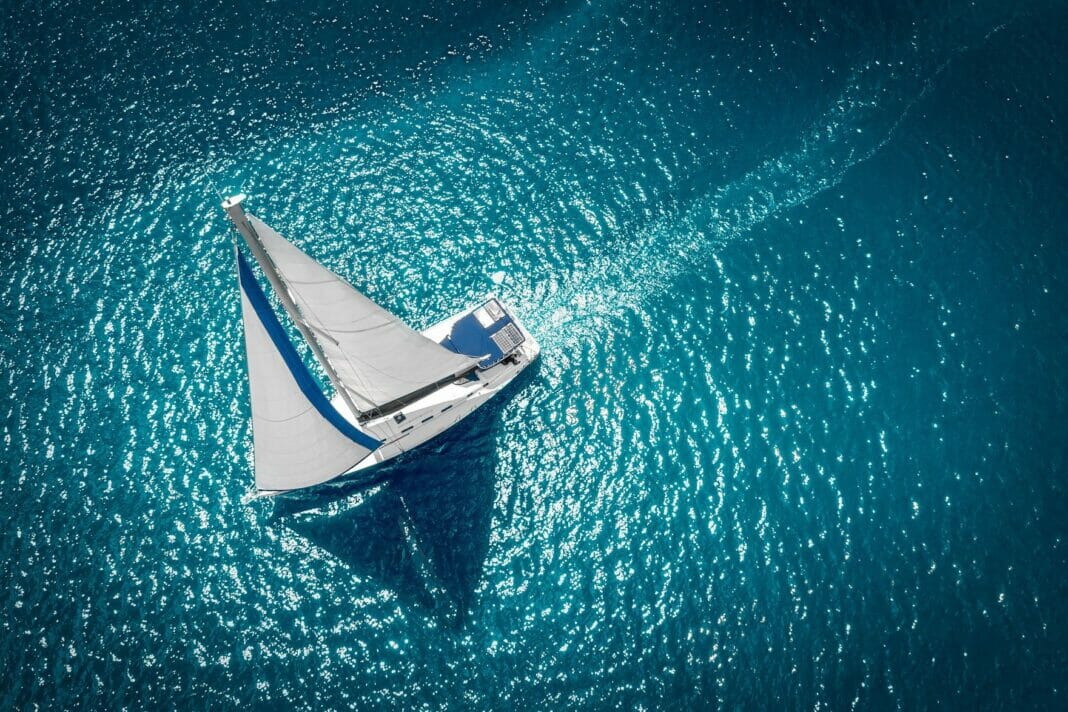As much as we all want to unplug and enjoy the serenity of a boating adventure, the truth is that many of us need to stay connected while out on the water. Whether it’s for business, safety, or simply sharing your experiences with family and friends, finding internet access while boating can be a necessity.
Luckily, there are options available to keep a solid connection while on board your vessel. The three main methods of accessing the internet while boating are cellular-based connections, satellite connections, and marina Wi-Fi. Each comes with its own set of advantages and disadvantages. In this article, we will give you the rundown on each method and help you determine which one best suits your needs.
Cellular-Based Connections
A cellular-based connection is the most common form of internet access while boating. Smaller boats that operate close to shore can use their smartphones or a mobile hotspot device with a data plan from a cellular provider.
Pros
- Generally more affordable than satellite connections
- Fast connection speeds, depending on the carrier and location
- Can use existing smartphone or purchase a mobile hotspot device
Cons
- Limited to areas with cellular coverage
- Can be unreliable or slow in areas with weak signals
- Dependent on the chosen data plan: may result in overages if not carefully monitored
Best For
- Boaters staying close to shore and in areas with good cellular coverage
- Occasional use or checking occasional emails
Satellite Connections
Satellite connections are an excellent option for boaters in need of true offshore coverage. Several companies offer marine satellite internet systems, which come in various performance options and pricing plans, depending on the size of the boat and the intended use.
Pros
- Global coverage (depending on provider) ideal for long-range cruising and offshore passages
- Reliable connection regardless of the location
- Often faster than marina Wi-Fi
Cons
- High initial equipment cost (Antenna and satellite modem)
- Monthly subscription fees can be pricey depending on chosen plan
- Slower connection speeds compared to cellular-based connections
Best For
- Offshore cruisers and long-range boaters
- Those in need of a constant and reliable connection
Marina Wi-Fi
Many marinas around the world offer complimentary Wi-Fi access to their guests. This can be a simple solution for boaters staying within the marina or mooring close by.
Pros
- Usually low-cost or free for marina guests
- Accessible from the comfort of your boat within marina limits
- No additional hardware needed
Cons
- Wi-Fi signal may be weak or non-existent beyond the marina
- Often slow and unreliable due to multiple users accessing the network
- Limited by the availability of marinas along your route
Best For
- Boaters who primarily stay within marinas
- Casual internet usage
Additional Tips
Consider your needs: Take the time to assess your internet needs to determine the best solution for your boating adventures. The right choice will depend on how often and where you intend to connect, as well as what you plan to use the internet for.
Equipment maintenance: Regardless of the method you choose, ensure the equipment is well-maintained and updated to avoid any connectivity issues while out on the water.
Combine solutions: If you need to stay connected during both offshore cruises and marina stays, consider combining satellite and marina Wi-Fi options for maximum coverage.
Test your connection: Before embarking on your boating adventure, test out your chosen internet solution to ensure it meets your expectations and needs.
Internet access has become increasingly essential for many boaters. Thankfully, there are solutions available to help you stay connected no matter where your voyage takes you. Whether you opt for a cellular-based connection, satellite system, or marina Wi-Fi, staying online can offer a sense of security and convenience for modern boating enthusiasts.


